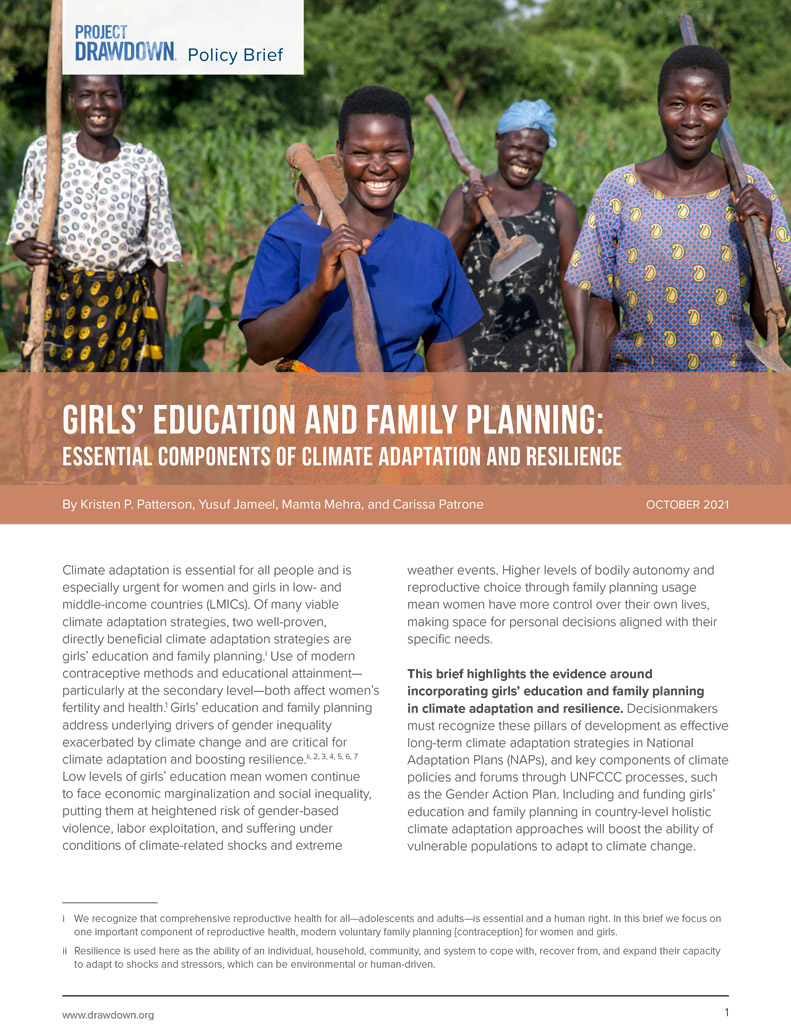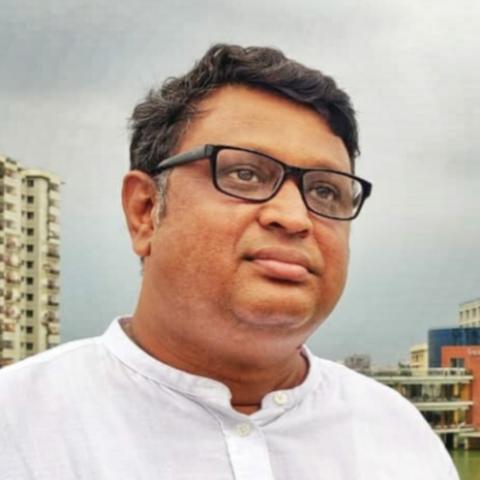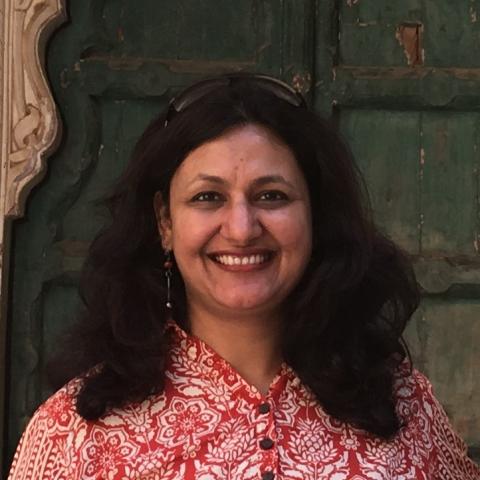The win-wins of climate and biodiversity solutions
This story was originally published by The Revelator.
What’s better for plants and wildlife is better for the climate. But where do we start to accomplish the best results?
The climate is changing, and species are going extinct faster than any time since civilization began. The two crises are not independent. That’s good news—it means there are solutions that benefit both biodiversity and climate.



